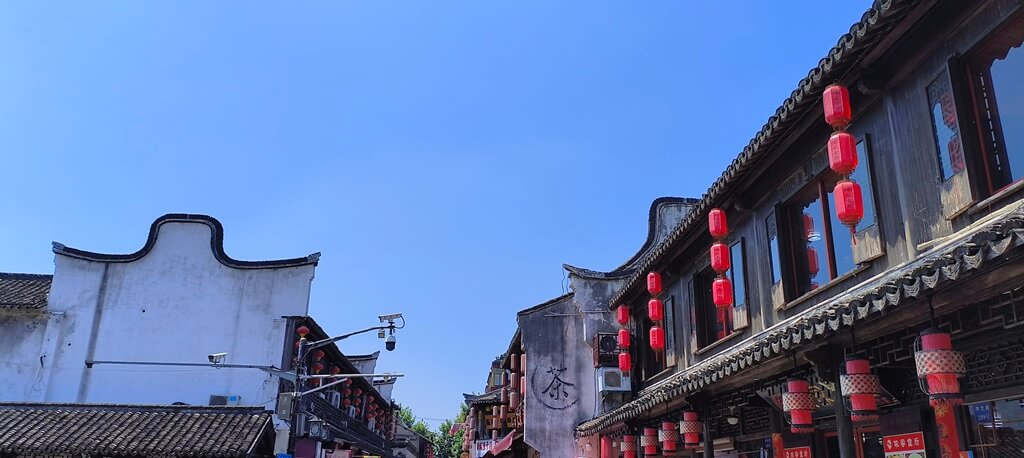The Cultural Revolution, initiated by Mao Zedong’s followers, was a significant political and social movement in China that began in 1966 and lasted until 1976. Its origins and goals were complex, rooted in the broader context of the Cold War and the internal struggles within the Chinese Communist Party. This article aims to provide an overview of the reasons behind the Cultural Revolution and its primary objectives.
Origins of the Cultural Revolution
The Cultural Revolution was not merely a response to external threats, such as the Sino-Soviet split, but also addressed internal issues within China. The movement was driven by a series of concerns, including ideological purity, academic and cultural control, and the prevention of capitalist restoration.
Ideological Concerns
One of the key reasons for the Cultural Revolution was the fear of ideological contamination. The 20th Congress of the Communist Party of the Soviet Union (1956) had openly criticized Joseph Stalin, which was seen as a significant threat to the Chinese Communist Party’s authority and its vision of a socialist future. The movement aimed to purify the intellectual and cultural spheres from what was perceived as bourgeois and capitalist influences. Mao and his supporters believed that the very survival of the Chinese revolution was at stake, and that a thorough ideological purge was necessary.
Academic and Cultural Control
The Cultural Revolution also sought to address the perceived control of academia and culture by intellectuals from various social classes, including those with backgrounds in the bourgeoisie and petty bourgeoisie. The revolution aimed to restructure the educational system and cultural institutions to ensure that they were under the direct control of the proletariat. This was seen as crucial for the continued dominance of the Communist Party and the prevention of any potential capitalist restoration.
Prevention of Capitalist Restoration
Another major concern was the potential for capitalist restoration within the party and society. The Cultural Revolution was designed to eliminate any elements within the party that might be inclined to pursue capitalist policies. This included the rightist elements that had emerged during the early stages of the People’s Republic of China, particularly those who had been skeptical of Mao’s radical policies and the collectivization of agriculture.
Goals of the Cultural Revolution
The Cultural Revolution had several primary goals, all of which were aimed at ensuring the continued dominance of the Communist Party and the maintenance of a socialist system.
Ideological Transformation
The primary goal of the Cultural Revolution was to transform the ideological landscape of China. It sought to root out any remnants of bourgeois thought and to replace it with a more radical, proletarian ideology. This transformation was intended to ensure that the Chinese people were ideologically aligned with the Communist Party and its vision for a socialist future.
Political Purge
The Cultural Revolution was also a political purge aimed at eliminating any potential threats to the Communist Party’s power. This included the elimination of rightist elements within the party and the suppression of any dissenting voices. The movement sought to create a society where the Communist Party was the only legitimate authority, and any opposition was seen as a threat to the stability and unity of the country.
Educational and Cultural Reforms
The Cultural Revolution also aimed to reform the educational and cultural systems. It sought to create a system where the proletariat had complete control over education and culture, ensuring that the next generation of leaders was ideologically pure and loyal to the Communist Party. This was seen as essential for the continued dominance of the party and the prevention of any potential capitalist restoration.
Conclusion
The Cultural Revolution was a complex and multifaceted movement that was driven by a combination of ideological, political, and social concerns. Its origins were rooted in the broader context of the Cold War and the internal struggles within the Chinese Communist Party. Its goals were to transform the ideological landscape of China, eliminate any potential threats to the Communist Party’s power, and reform the educational and cultural systems to ensure the continued dominance of the party and the maintenance of a socialist system.
While the Cultural Revolution was ultimately a failure and led to significant human suffering, it remains a crucial part of China’s history and continues to be a subject of intense debate and study. Understanding the origins and goals of the Cultural Revolution is essential for comprehending the complex and often contradictory nature of Chinese politics and society.
Views: 0
